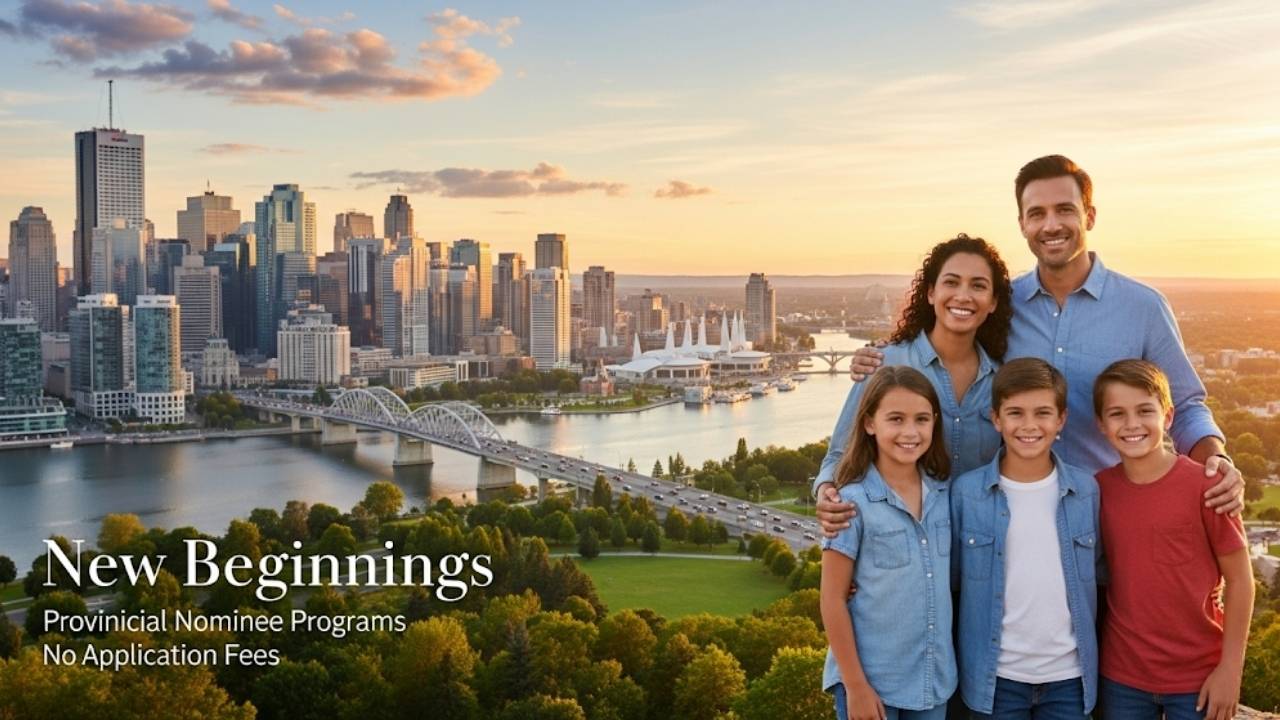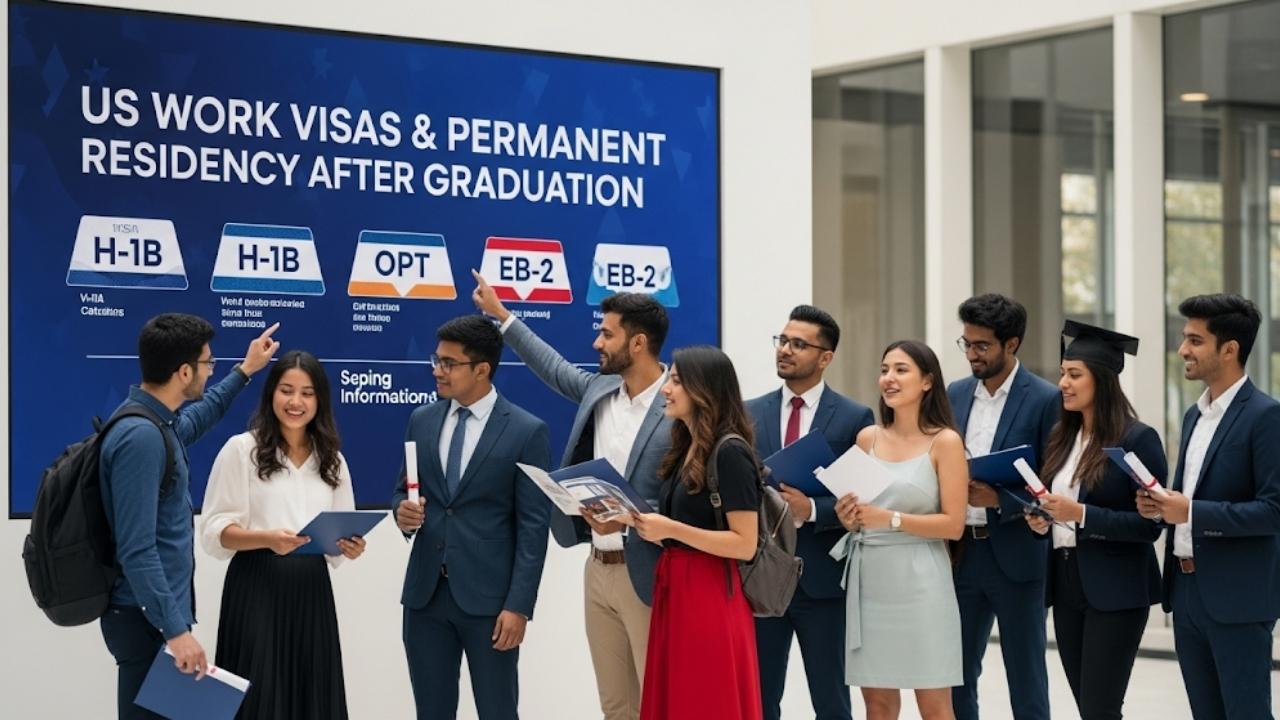A significant shift is coming to Germany’s visa application landscape. If you’re planning to study, work, or live in this vibrant European nation, understanding the Germany visa appeal change 2025 is crucial for your success. Starting July 1, 2025, the German government will eliminate the long-standing “remonstrance” procedure, an informal appeal option for rejected visa applications. This guide will walk you through what this change means, why it’s happening, and how you can prepare to submit a successful application from the very first attempt. My goal is to demystify this new process and empower you with the knowledge to confidently pursue your German dream.

The End of an Era: What Was the Remonstrance Procedure?
For years, applicants who received a disappointing visa rejection from a German embassy or consulate had a valuable second chance: the remonstrance. This was a unique, free-of-charge process that allowed you to formally ask the visa section to reconsider its decision.
You could submit a written appeal, known as a remonstrance letter, to point out potential misunderstandings, provide missing documents, or clarify aspects of your application that may have been overlooked. In my experience advising applicants, this was an incredibly useful tool, especially for correcting minor errors that could have derailed an otherwise strong application. It was an administrative review, handled internally by the very mission that issued the rejection, and it saved many from the cost and complexity of starting over.

Why Germany is Making This Change
The decision to end the remonstrance procedure wasn’t made overnight. According to a statement from Germany’s Federal Foreign Office, this change is designed to streamline operations and ultimately benefit all applicants.
The government conducted a pilot program starting in June 2023, where several German missions abroad suspended the remonstrance process. The results were clear:
- Reduced Processing Times: Without the need to handle a large volume of appeals, consular staff could focus their efforts on processing new applications more quickly.
- Freed-up Resources: The evaluation showed that ending this voluntary procedure freed up significant staff capacity.
- Shorter Waiting Lists: As a result, missions were able to handle more applications and reduce the often-long waiting times for appointments.
The core idea is that by removing this secondary review step, the entire visa system becomes more efficient, leading to faster decisions for everyone.
As an official source confirms, the change is part of a broader push towards modernization. Here’s a relevant post from the German Missions in India discussing the new Skilled Immigration Act, which aligns with these efficiency goals.
What a German Visa Rejection Means After July 1, 2025
So, what happens if your visa application is denied under the new system? Without the remonstrance option, your paths forward are more limited and require careful consideration.
- Submit a New Application: This will be the most common route for most applicants. You will need to start the entire process from scratch, which includes securing a new appointment, paying the application fee again, and submitting a completely new set of documents. This is where the importance of your initial application comes into sharp focus. You must address the reasons for the initial rejection thoroughly in your new submission.
- File a Lawsuit in German Court: Your other option is to take formal legal action against the decision by filing a case with the Administrative Court in Berlin. It’s important to understand that this is a significant undertaking. This judicial route is:
- Costly: It typically requires hiring a German lawyer.
- Time-Consuming: The process can take up to two years to resolve.
- Complex: It involves formal court proceedings in Germany.
For the vast majority of applicants—be it students on a tight timeline, professionals with a job offer, or tourists with planned travel dates—a lengthy court battle is simply not a practical option.
Your New Mantra: Perfection on the First Try
With the safety net of the remonstrance gone, the single most important takeaway from the Germany visa appeal change 2025 is the critical need for a flawless initial application. A minor mistake or an overlooked document that could have been fixed with a simple appeal letter will now result in a full rejection.
I’ve seen many successful applicants focus meticulously on their documentation, and this has never been more important. Here’s how you can prepare for success.
A Step-by-Step Guide to a Rejection-Proof Application
1. Understand Your Visa Category Inside and Out
Germany offers various visa types (Student, Job Seeker, EU Blue Card, Family Reunification, etc.). Each has highly specific requirements. Spend time on the official website of the German mission in your country. Read the checklist for your specific visa category not once, but several times.
2. Embrace Germany’s New Digital Tools
To help applicants succeed in this new reality, Germany has been digitizing its services. Since January 2025, the Consular Services Portal has been rolled out globally. This online platform is designed to guide you step-by-step through the application for national visas (for stays over 90 days). Use it! The portal helps ensure you submit a complete digital application, which has been shown to improve the quality of submissions and reduce errors.

3. The Document Checklist is Your Bible
- Gather Everything: Create a personal checklist based on the official one and tick off each item as you procure it.
- Check Validity: Ensure your passport, photos, and other documents meet the specified validity and format requirements (e.g., photo size, background color).
- Translations and Apostilles: If documents are not in German or English, get them translated by a certified translator. Some documents may require an apostille for legal verification. Don’t leave this for the last minute.
4. The Motivation Letter: Your Personal Pitch
For many visa types, the motivation letter is your chance to speak directly to the visa officer.
- Be Clear and Concise: Explain your purpose for coming to Germany. Why this university? Why this job?
- Show Your Ties to Home: Demonstrate your intention to return to your home country after your stay in Germany (unless applying for permanent immigration). This can include family, property, or a job offer back home.
- Proofread Meticulously: Typos and grammatical errors can make a poor impression. Have someone else read it over.
5. Financial Proof: Leave No Doubt
Whether it’s a blocked account (Sperrkonto) for students or bank statements for tourists, your financial proof must be crystal clear and meet the required amount precisely. Ensure the documents are from the accepted financial institutions and are formatted correctly.
While the removal of the remonstrance might seem daunting, it’s part of a move toward a more predictable and efficient system. This change doesn’t close Germany’s doors; it simply raises the standard for entry. It asks you to be more diligent, more prepared, and more focused.
Think of it as an opportunity to present the best possible version of your case from the very beginning. By taking the time to prepare a thorough, accurate, and well-organized application, you are not just meeting the requirements—you are demonstrating that you are a serious and capable individual ready for life in Germany. Your journey starts not when you land in Frankfurt or Berlin, but with the care you put into your visa application. You can do this.
Navigating the New Horizon: A Guide to Australia’s Skilled Migration Income Requirements for 2025
Your Australian Adventure Awaits: Navigating the Work and Holiday Visa (Subclass 462) Ballot
FAQs
Q1: What exactly is the “remonstrance procedure” that is being removed?
The remonstrance was a free, informal appeal process that allowed a person whose German visa was rejected to ask the embassy or consulate for a review of the decision. You could submit a letter explaining why you felt the rejection was a mistake. This option will no longer be available from July 1, 2025.
Q2: Can I still appeal a German visa rejection at all?
Yes, but only through a formal lawsuit. After July 1, 2025, your only option to appeal a rejection is to file a case at the Administrative Court in Berlin. This process is generally expensive and can take a very long time.
Q3: Does this change affect both Schengen visas and national visas?
Yes, the Federal Foreign Office has confirmed that the abolition of the remonstrance procedure applies worldwide to rejections for both short-stay Schengen visas and long-term national visas.
Q4: What is the best way to avoid a German visa rejection now?
The key is meticulous preparation. Double-check every requirement on the official checklist for your visa type, use the new digital Consular Services Portal to guide your application, write a strong motivation letter, and ensure all your documents are complete, current, and correctly formatted before your appointment.










